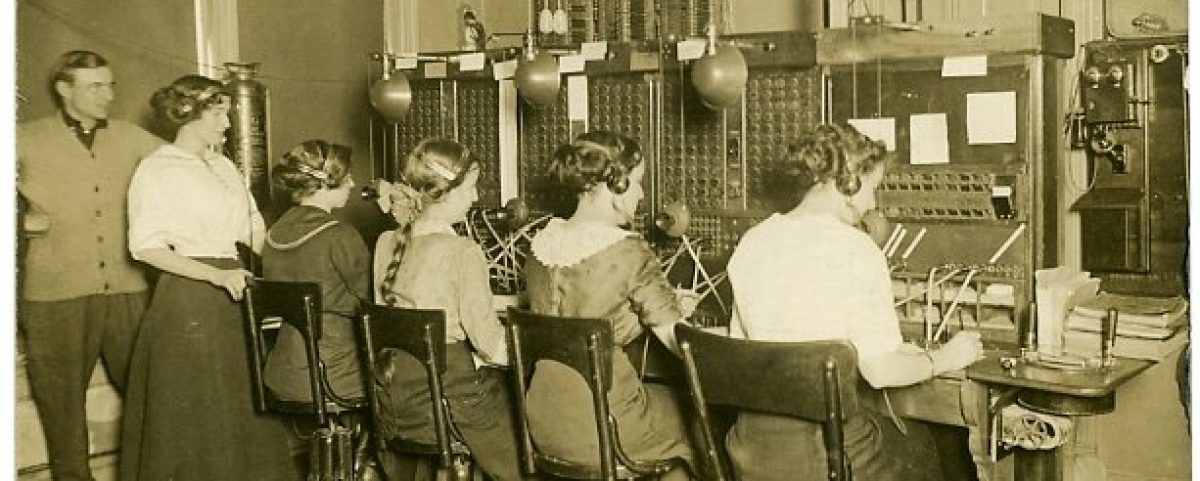NORTH EAST – February 22, 2025 — “Blackboards and Barriers,” a powerful new documentary that has been three years in the making, has captivated audiences across Cecil County with screenings at various venues this week. This nearly hour-long movie delves into the rich history of African American schools here, featuring interviews with former students, carefully curated archival footage, and extensive film of the old schoolhouses that once served the Black community.

The most recent screening took place at the North East Library. The library meeting room quickly filled on this Saturday afternoon, and as showtime approached, the staff scrambled to add more chairs to accommodate additional arrivals.
Award-winning filmmaker Joseph Piner and researcher Ray Jefferson deserve high praise for capturing and preserving this significant, largely untold history for future generations. Their work preserves firsthand accounts of an era that might otherwise fade from memory, as they capture the voices of those who lived through it. This became especially evident during the post-screening discussion, as community elders shared moving personal memories of the George Washington Carver School, and the audience had numerous questions for the master storytellers.
Through their meticulous research and informed storytelling, Joe and Ray have crafted more than a broadcast-quality documentary—they have created a vital historical record that ensures these experiences and voices will be available for future generations.
Their work stands as both a testament to the resilience of Cecil County’s African American community and a reminder of the importance of preserving and sharing these essential experiences. Congratulations, Joe and Ray, and thank you for sharing your documentary.




